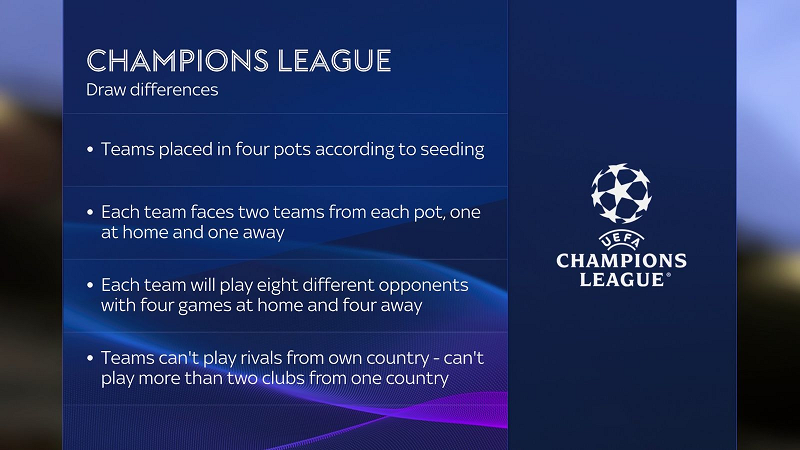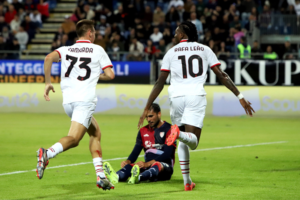
The Champions League is set for a historic transformation in the 2024/25 season, marking the most significant change to the competition in decades. With an increase from 32 to 36 teams and a shift from traditional group stages to a new league format, the revamped tournament promises more matches, higher stakes, and greater opportunities for clubs and fans.
Key Changes to the Champions League Format:
- From Group Stages to a Single League Phase:
The biggest change is the introduction of a single league phase, replacing the old group stage format. All 36 teams will be ranked in a single table and play eight matches against eight different opponents—four at home and four away—compared to the previous six matches against three teams. - Expanded Competition and More Matches:
The total number of matches will increase from 125 to 189, with matchdays spread across Tuesdays, Wednesdays, and Thursdays, from September to January. The top eight teams will qualify directly for the knockout rounds, while teams finishing 9th to 24th will compete in a two-legged play-off to secure a place in the last 16. Teams ranked 25th and below will be eliminated from all European competitions. - Revamped Draw System:
The draw will take place using an innovative process that combines manual and automated systems. Teams are seeded into four pots based on their strength, and each team is drawn to face two opponents from each pot. The automated system will then decide which fixtures are home and away. - Qualification for the Knockout Stage:
The knockout phase will begin with play-offs in February, followed by the round of 16 in March, leading up to the final, scheduled for May 31, 2025, at Munich’s Allianz Arena. - More Teams and New Qualification Spots:
Four additional spots have been introduced, providing more clubs with the chance to compete against Europe’s best. These slots are allocated based on league performance and the overall success of clubs from each association in previous seasons. - Exclusive Match Weeks and More Focus on Champions League Action:
To ensure maximum focus on the Champions League, specific weeks are dedicated exclusively to its fixtures, without overlapping with the Europa League or Europa Conference League.
Impact on Fans and Clubs:
The new format promises more high-profile matches, with top teams meeting earlier and more often. For fans, this means more excitement and competitive balance, as every match will be crucial in the league phase standings. The increased number of games and broader range of opponents will provide a fresh challenge for clubs and ensure a more dynamic competition throughout.
A Bold Future for European Football:
This overhaul represents UEFA’s commitment to evolving the game while maintaining the integrity and tradition of open competition based on sporting merit. The changes are designed to boost the excitement and quality of the Champions League, making it more thrilling and unpredictable than ever before.






Be First to Comment